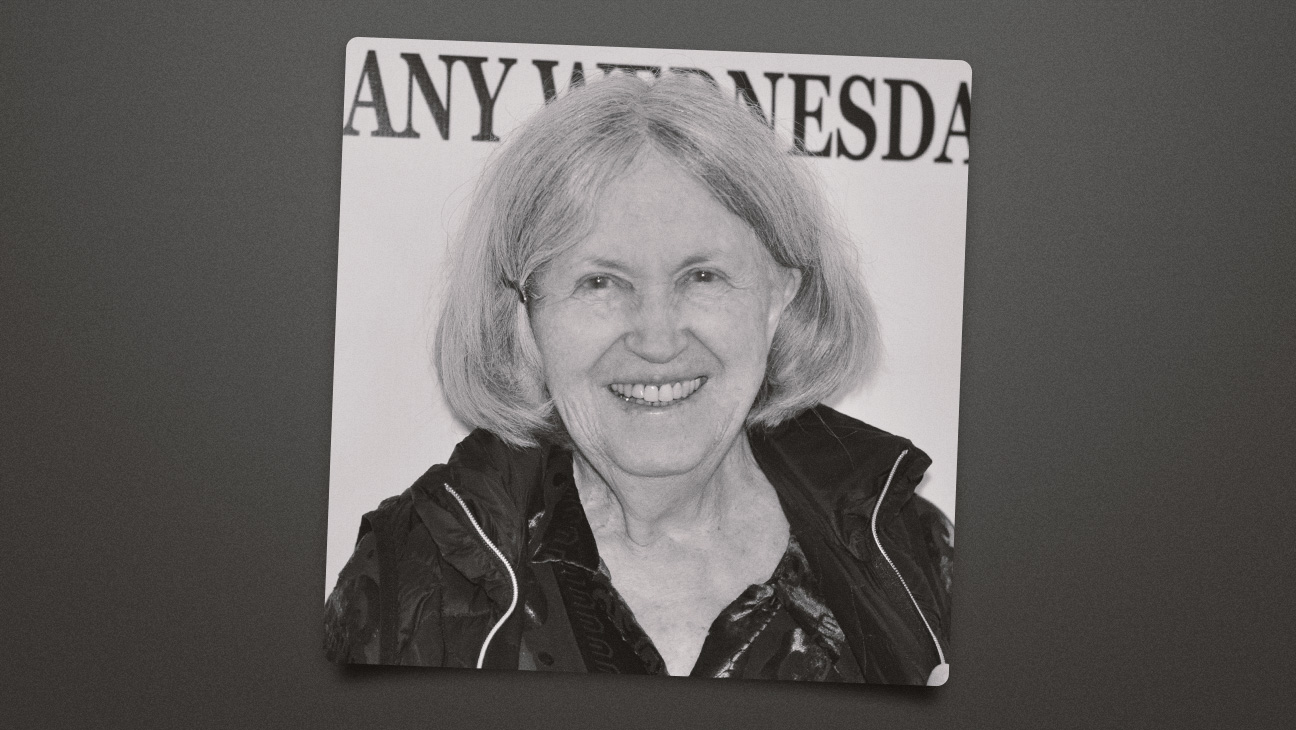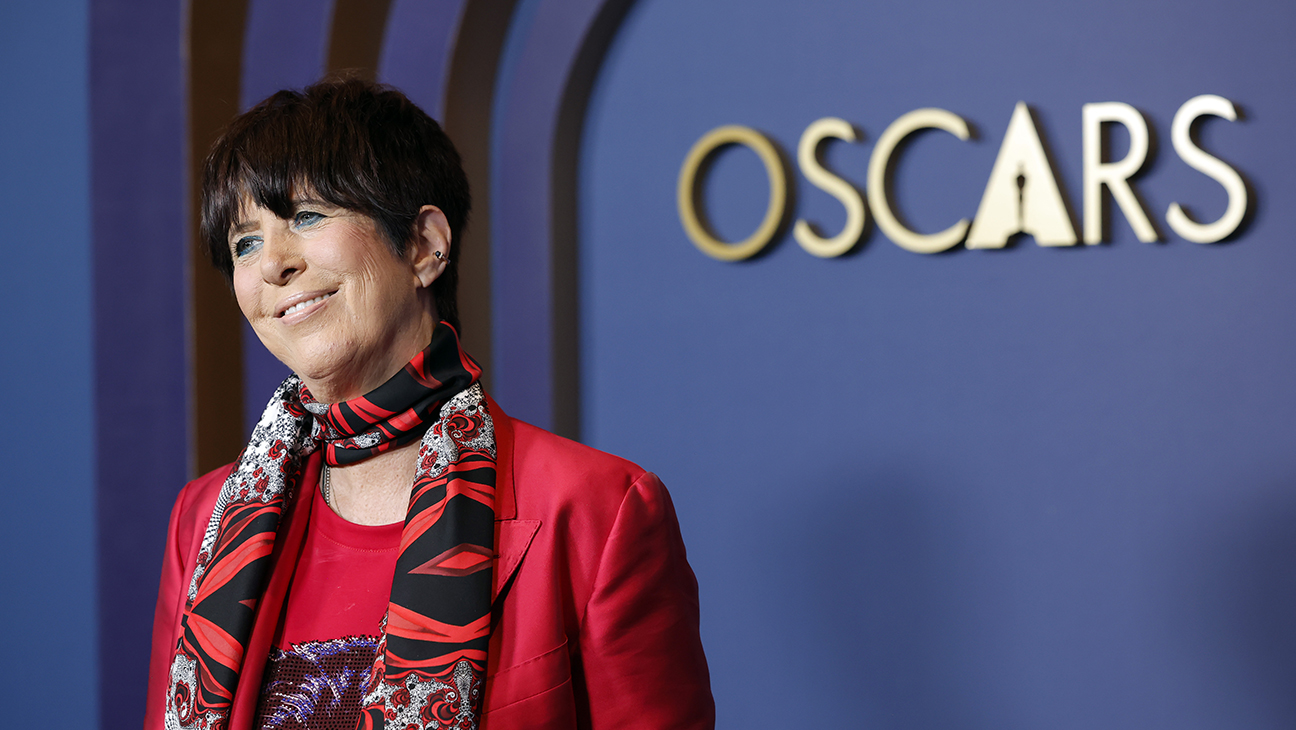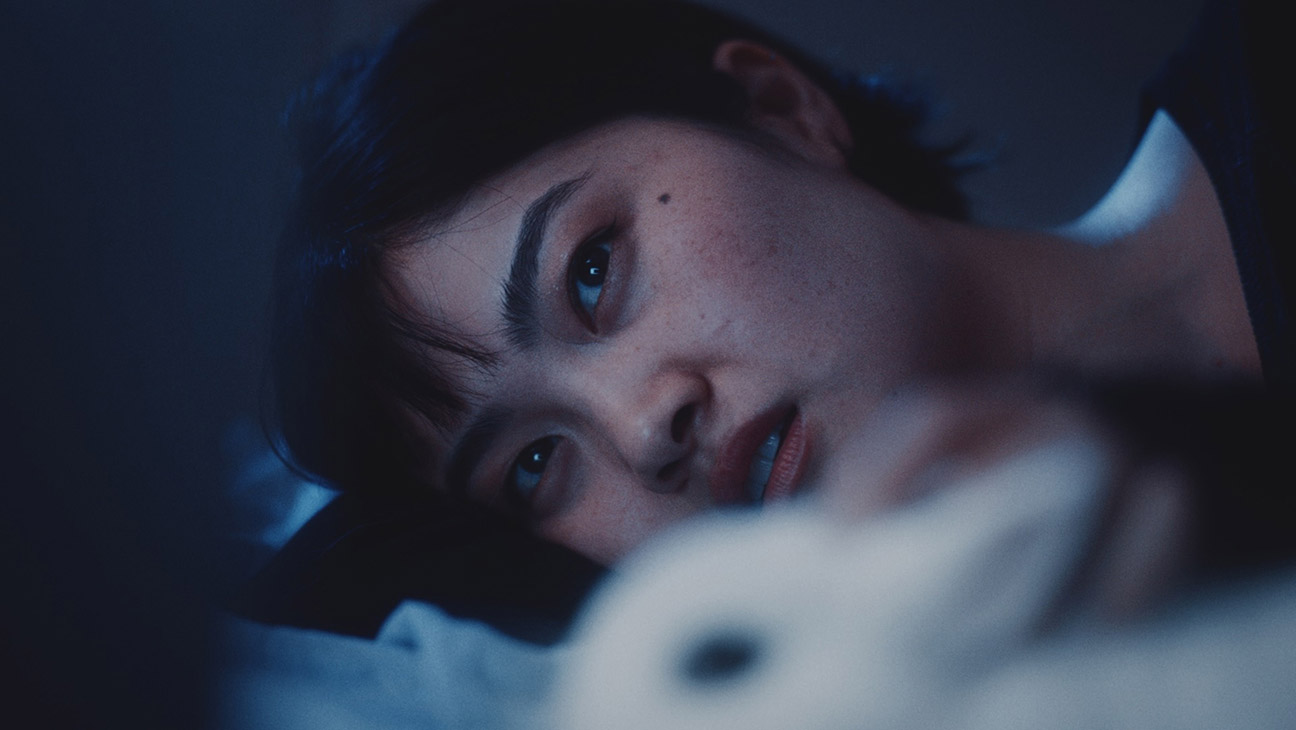Allie Light, the producer, director and editor who won an Oscar for her work on In the Shadow of the Stars, a 1991 feature documentary about chorus members of the San Francisco Opera, has died. She was 90.
Light died Sept. 17 of heart failure in Austin, her daughter Alexis Seymour, an assistant editor on films including Lost in Yonkers (1993), Sideways (2004) and Inception (2010), told The Hollywood Reporter.
Light shared her Oscar with her late husband, Irving Saraf, with both handling producing, directing and editing duties.In the Shadow of the Stars put the divas in the background to focus on the lives of 11 men and women choristers at the San Francisco opera house.
“In a way that is close to magical, Mr. Saraf and Ms. Light have so structured In the Shadow of the Stars that the film audience shares the exhilaration experienced by the choristers,” Vincent Canby wrote in his rave review for The New York Times. “The music, of course, is powerful stuff, but clumsy direction and editing could have muffled it.”
The couple also shared a News and Documentary Emmy for outstanding interview program in 1995 for Dialogues With Madwomen. That PBS film features seven women — including Light — who had been institutionalized for depression, schizophrenia and other mental illnesses.
“I was always so afraid that someone would ask me [where she was when John F. Kennedy was shot] and I would have to say I was in a mental institution,” she says in the documentary.
Light later wrote, produced and co-directed the 36-minute documentary Any Wednesday (2018), about an octogenarian with dementia and a homeless veteran with PTSD who find common ground.
Allie Jane Hall was born on May 2, 1935, in Dove Creek, Colorado. Her parents, Thurman and Mary, brought her and her two younger siblings to California, where they settled in San Francisco’s Tenderloin District. (Her dad wound up working at the Hunters Point Naval Shipyard.)
She graduated from Balboa High School in 1953 and married Charles Hilder, whom she first met when he was a choir director at their church, then attended San Francisco State University. She also published a book of poetry.
Having three kids by age 25 contributed to a nervous breakdown, and she spent time in the Langley Porter Psychiatric Hospital at the University of California, San Francisco.
After Hilder died of lymphoma in 1966 at age 32, she had a brief second marriage before she changed her last name to Light and began a relationship with Saraf.
In the Shadow of the Stars came out of footage that Hilder had shot while in the chorus at the San Francisco Opera. It marked the first of 18 documentaries made at Light-Saraf Films, among them Rachel’s Daughters: Searching for the Causes of Breast Cancer (1997), Blind Spot: Murder by Women (2000), Children and Asthma (2002), Good Food/Bad Food: Obesity in American Children (2005) and The Sermons of Sister Jane: Believing the Unbelievable (2006).
Her most recent project, the hybrid documentary The Ship That Turned Back (2024), drew inspiration from Saraf’s memoirs of his dramatic escape as a 7-year-old Jewish boy from Nazi-occupied Poland to Palestine.
Light also taught film classes at City College of San Francisco and at San Francisco State and was a treasured mentor to young filmmakers over several decades.
A year ago, she moved from San Francisco to Austin to be near Seymour and her other daughter, Julia Hilder, a documentary producer and director. Survivors also include her son, Charles, and three grandchildren.
She and Saraf — he worked for producer Saul Zeantz and served as postproduction supervisor on the 1976 best picture winner One Flew Over the Cuckoo’s Nest — were married for 38 years before he died in December 2012 after a battle with ALS.
One of Saraf’s sons is Oscar-nominated producer Peter Saraf, known for such films as Little Miss Sunshine (2006), Our Idiot Brother (2011) and A Beautiful Day in the Neighborhood (2019).
Light “will be remembered for her compassionate curiosity, her unflinching commitment to difficult truths and her remarkable ability to transform intimate stories into universal narratives that resonated far beyond the screen,” her family said in a statement. “Her legacy endures in the films she created, the minds she shaped and the many lives she profoundly influenced.”





